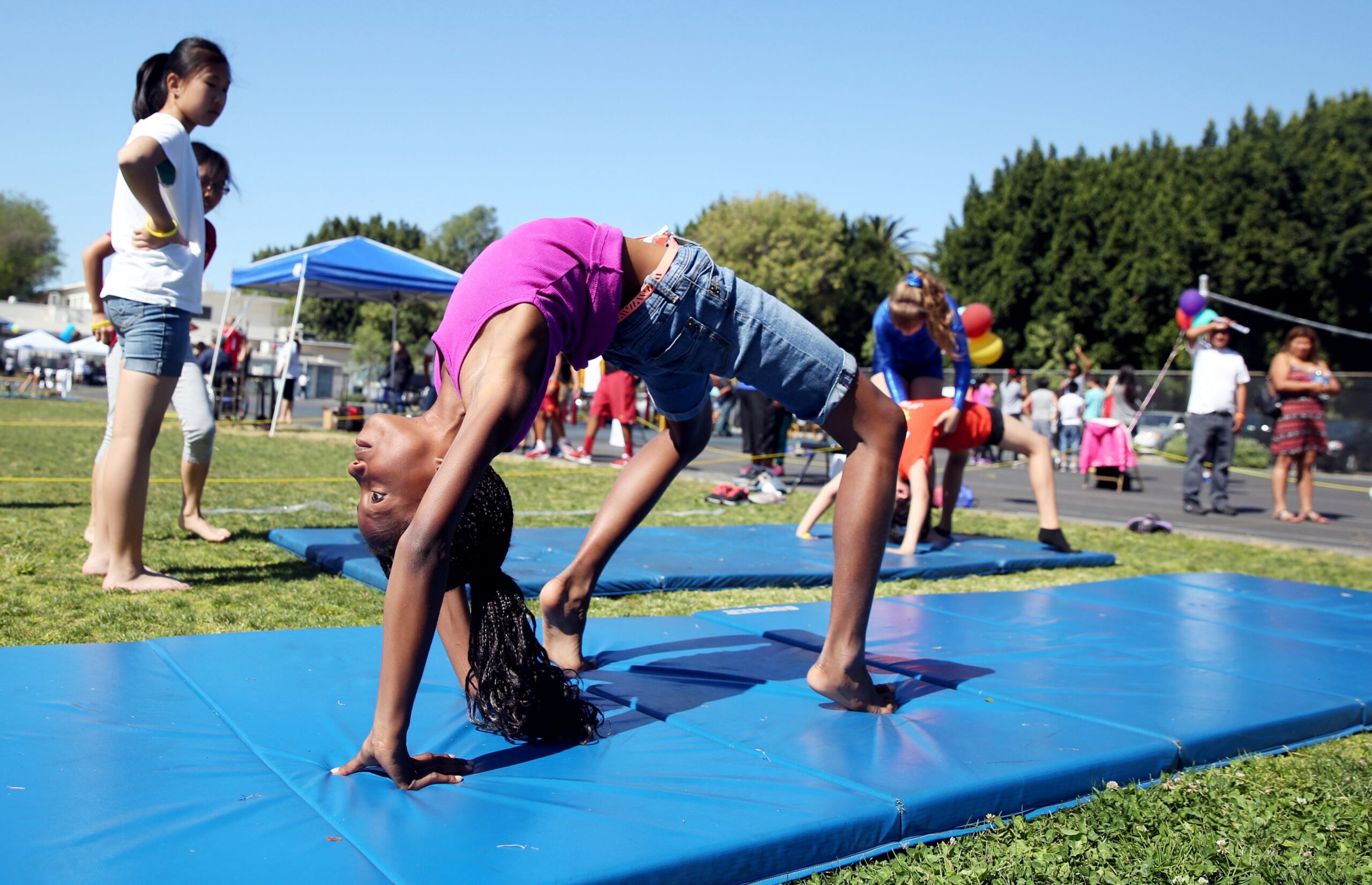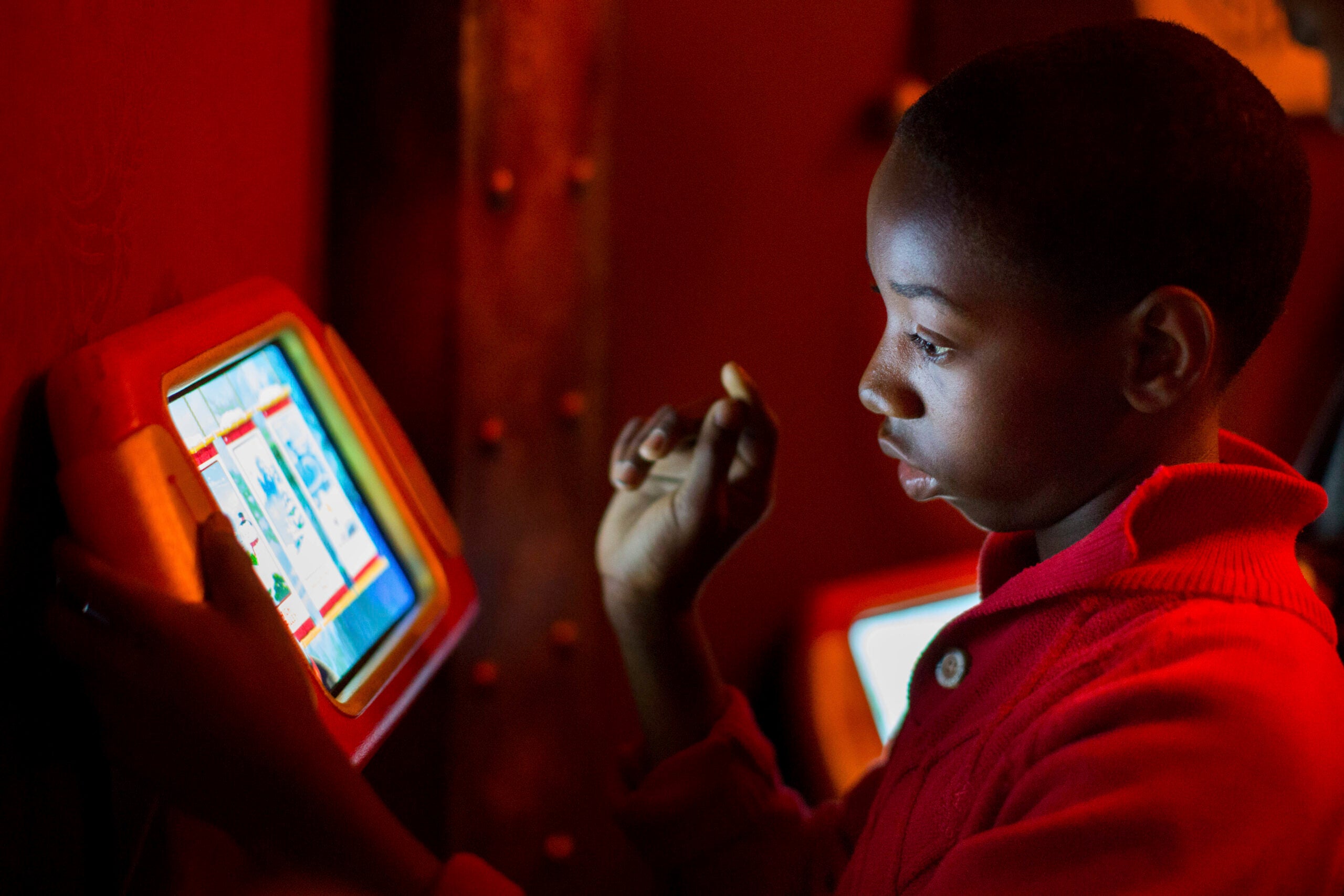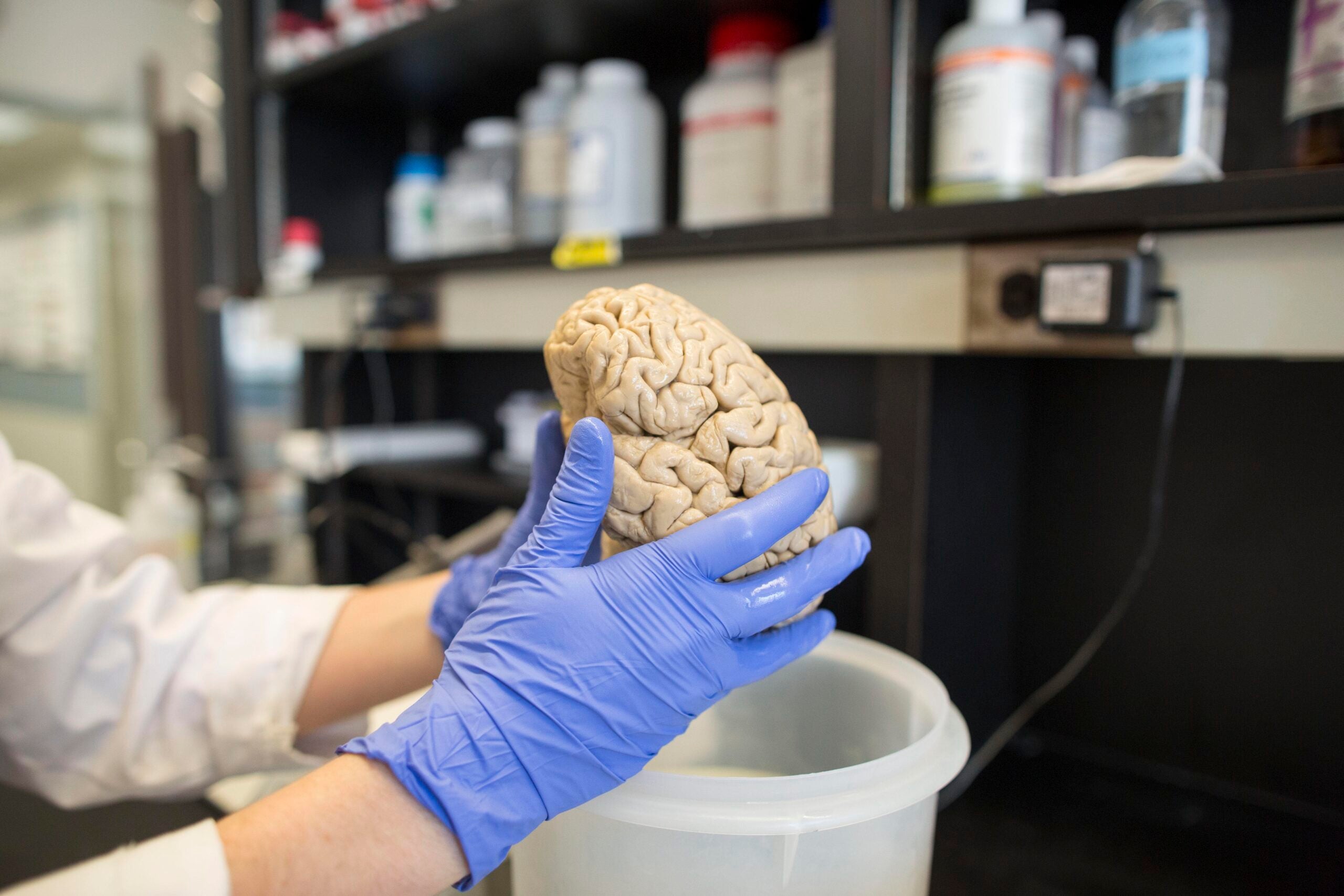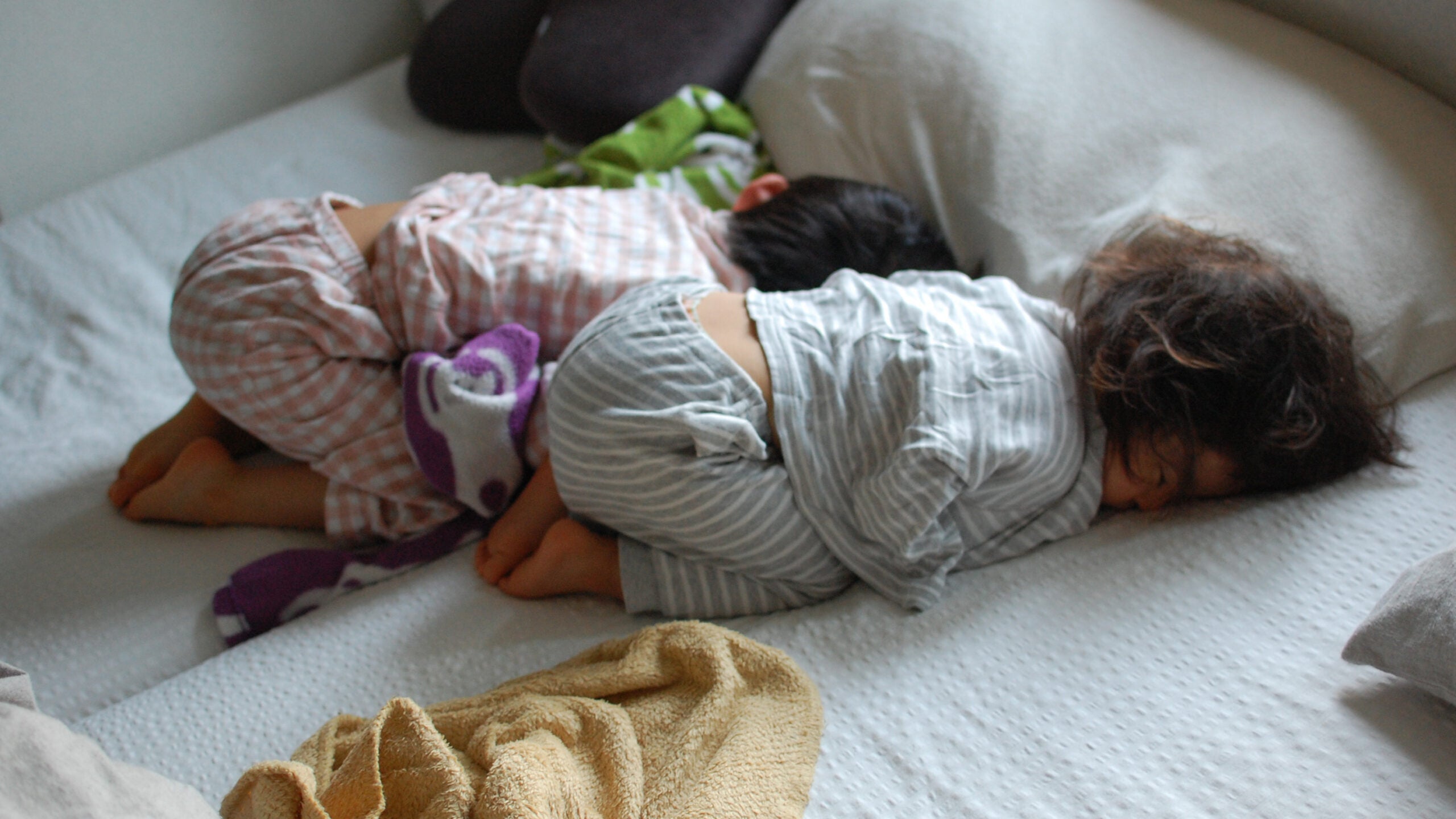My wife and I are the proud grandparents of two wonderfully perfect grandchildren. Every night when they stay over with us, we read to them — just like their parents do.
Why read to your kids? Because we know reading encourages the brain development that’s so important for any growing child.
We all want smart kids. Reading helps to create them, not sitting them down in front of the TV.
Stay informed on the latest news
Sign up for WPR’s email newsletter.
But what about middle-schoolers and adolescents? What will encourage their brain development? That’s where a new Canadian study published in The Lancet medical journal fits in. Researchers wanted to sample what activities may make kids that age score higher on IQ tests.
This landmark study of nearly 4,500 children — a 10-year Adolescent Brain Cognition Development study — looked at teen smarts. Through innovative iPad technology, they studied such things as language development, long- and short-term memory, attention, processing speed and executive function, which is the ability to take in information and make decisions.
By taking measurements and applying society norms, researchers came up with a new version of IQ — one that reflects the fluid intelligence so important in a constantly changing world. You want your kids to adapt to new technologies, new ways to look at things all the time, because you know the world we live in today is not the world we’ll see tomorrow.
I was brought up with paper and pencil, no calculators at all. I viewed the multiplication table and long division as something I would need all the time. Not true. I use it for estimating, but I trust my hand calculator more than my pencil and paper if I want accurate results. And as for spelling, yes, you need it. But if you type a document with autocorrect, spelling is not nearly as important as it was back in the day.
My point is, giving your kids the right toolkit is the key to good parenting. Crystallized intelligence is the springboard for the next generation and this study shows that how we raise our kids makes a difference.
What they found were three main things that correlated with the best “new IQ” outcomes:
- Getting eight to nine hours of sleep a night.
- Getting one hour of daily physical activity.
- Limiting screen time to two hours a day.
They have named the recommendations resulting from this study the “Canadian 24-Hour Movement Guidelines for Children.”
Only 5 percent of the kids in the study hit all three benchmarks, with only 50 percent getting enough sleep and 12 percent getting enough exercise. What’s more, two out of three kids were getting too much screen time.
The kids who got all three areas right had higher IQs than the kids who got two out of three and much higher than the kids who scored zero.
With that in mind, parents, if you want your kids to be smarter, if you want them to succeed in life, then you should take action to try to get them to do all of the big three recommendations. For many kids, that means more sleep, more physical activity and less screen time.
Now don’t get me wrong, it’s easier to recommend than it is to get those teens to do it. But as my mom would say, “If you don’t try, you don’t get.”
My spin: On sleep time, work toward more. I bet if you tried, you could get your kids to get more sleep. Kids do like sleep. They don’t like to shut off the lights, but they do like to wake up refreshed. Start tonight.
On screen time, we must adjust to the here and now. When my wife and I raised our kids, it was easy to define the TV — we only had one in our house. These days, screens are all around us. So sit down with your children and lay out a workable framework to move toward that two-hour-per-day limit. And, by the way, keep in mind that if you’re on the screen all the time, they will be, too.
And finally, on physical activity, consider group sports and doing things as a family. Getting kids off their butts not only will help their brains but will help them shed pounds if they’re overweight.
This is a monumental study that should guide any parent. If you want your kids to succeed in life — and we all do — then look at this simple big three recommendations and take action. If you don’t try, you don’t get. Stay well.
Wisconsin Public Radio, © Copyright 2024, Board of Regents of the University of Wisconsin System and Wisconsin Educational Communications Board.






